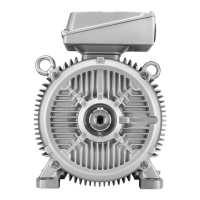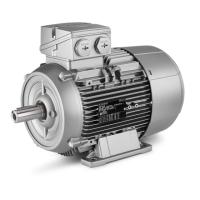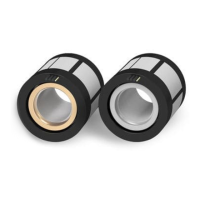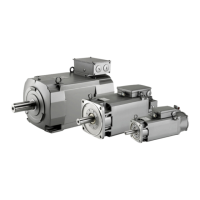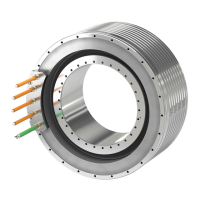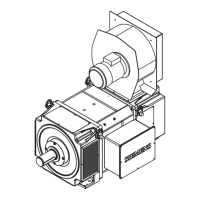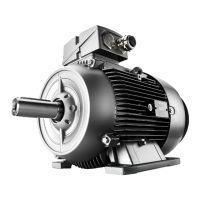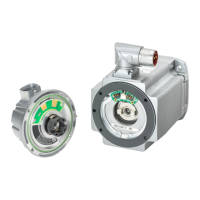3. Hazardous shock voltages caused by, for example:
– Component failure
– Inuence during electrostatic charging
– Induction of voltages in moving motors
– Operation and/or environmental conditions outside the specication
– Condensation/conductive contamination
– External inuences/damage
4. Electrical, magnetic and electromagnetic elds generated in operation that can pose a risk to
people with a pacemaker, implants or metal replacement joints, etc., if they are too close
5. Release of environmental pollutants or emissions as a result of improper operation of the
system and/or failure to dispose of components safely and correctly
6. Inuence of network-connected and wireless communications systems, e.g. ripple-control
transmitters or data communication via the network or mobile radio, WLAN or Bluetooth.
7. Motors for use in potentially explosive areas:
When moving components such as bearings become worn, this can cause enclosure
components to exhibit unexpectedly high temperatures during operation, creating a hazard
in areas with a potentially explosive atmosphere.
For more information about the residual risks of the drive system components, see the
relevant sections in the technical user documentation.
Fundamental safety instructions
2.4Residual risks of power drive systems
Naturally-Cooled 1FN3 Linear Motors
26 Operating Instructions, 06/2023, A5E52220465B AB
